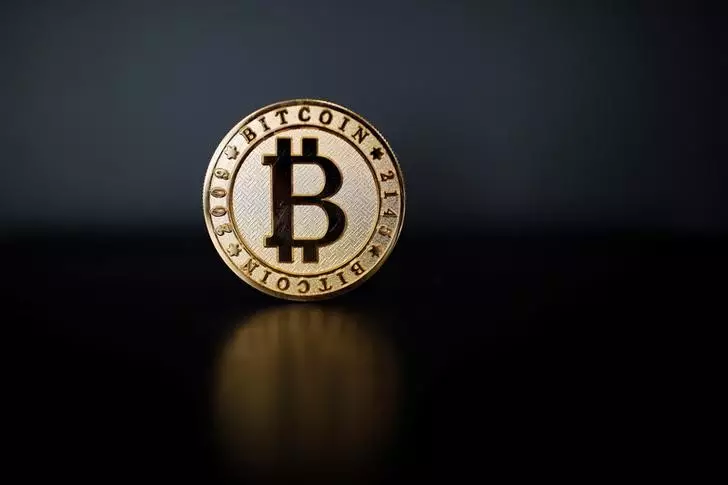In the latest development in the cryptocurrency arena, BlackRock (NYSE: BLK) has surpassed a pivotal threshold in its Bitcoin inventory, amassing over 400,000 BTC. As of this moment, the asset management powerhouse holds an impressive total of 403,725 BTC, equating to approximately $26.98 billion in value. This exponential growth can be attributed to the recent acquisition of an additional 34,085 BTC within a mere two weeks, representing an investment close to $2.3 billion. At a time when institutional interest in cryptocurrencies is at an all-time high, BlackRock’s assertive strategy delineates its ambitions in the burgeoning crypto market.
The ETF Influence
One of the critical mechanisms facilitating BlackRock’s expansive Bitcoin portfolio is the inflow into Bitcoin exchange-traded funds (ETFs). These financial products have emerged as a favored conduit for institutional investors to gain exposure to Bitcoin without directly purchasing the cryptocurrency. The growing popularity of Bitcoin ETFs signals a shift in how institutional firms are maneuvering within the cryptocurrency landscape. As BlackRock strategically increases its Bitcoin holdings, the dynamics of the market may inevitably evolve, prompting discussions around the potential emergence of rival entities and market dominance.
As BlackRock continues to bolster its Bitcoin holdings, speculation surrounding the future trajectory of the cryptocurrency intensifies. Observers have raised eyebrows at the possibility of a “Bitcoin war,” where BlackRock might seek to influence the Bitcoin network to favor its vision. Such a scenario includes stark allegations that BlackRock could eventually advocate for a fork of the original Bitcoin chain, leveraging its vast resources to promote a newly minted chain as the legitimate alternative. While these theories might appear radical and tethered to conspiracy, the crypto market is not without its historical precedents of forked currencies altering the landscape, exemplifying the fragility of consensus in a decentralized ecosystem.
Despite BlackRock’s impressive consolidation of Bitcoin, it faces formidable competition from various powerful stakeholders within the crypto realm. Notable individuals such as Michael Saylor of MicroStrategy have amassed significant Bitcoin reserves, alongside mining corporations and an extensive network of early adopters and individual investors. Their cumulative presence represents a decentralized foundation that could challenge BlackRock’s efforts to monopolize the market. The interplay between large institutional players and grassroots investors raises questions about equity and fairness in a market meant to be transparent and decentralized.
In light of BlackRock’s ascension in Bitcoin holdings and the evolving narrative of the cryptocurrency market, the future remains uncertain. As traditional finance intertwines with innovative blockchain technology, the implications of such large-scale accumulation warrant close scrutiny. The potential for volatility, competition, and community-driven advocacy against institutional dominance underscores an intriguing chapter in the ongoing saga of Bitcoin. Whether BlackRock’s aspirations will culminate in transformative changes or whether they’ll spark a robust counteraction from decentralized networks will ultimately shape the future of Bitcoin, making it a point of interest for both investors and analysts alike.


Leave a Reply